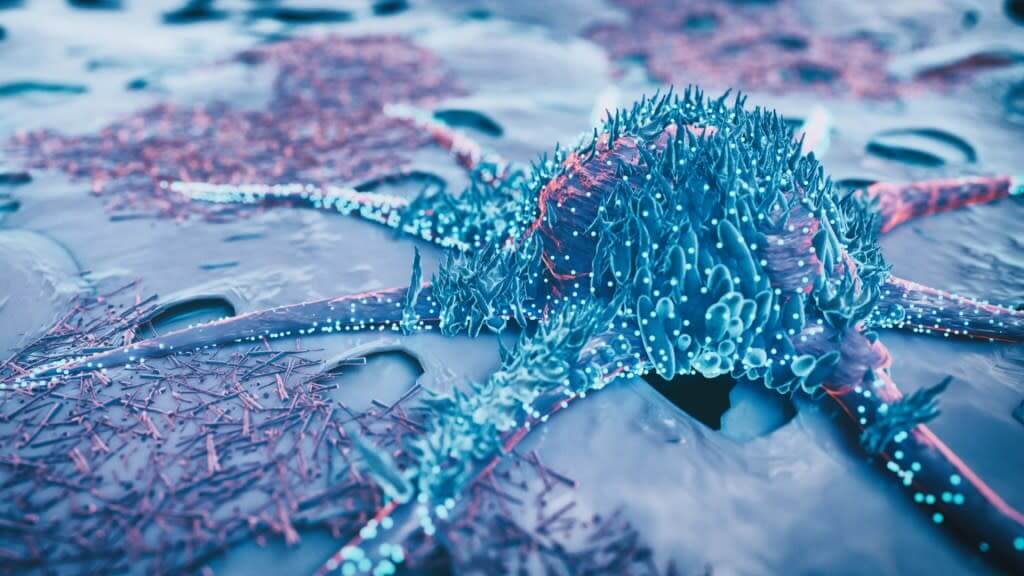Korean scientists repair cancer cells to become normal, healthy: Report
Fri 03 Jan 2025, 00:58:42

In a groundbreaking development, researchers at KAIST (Korea Advanced Institute of Science and Technology) unveiled a new technology that treats colon cancer without killing cancer cells.
Instead, the technology converts cancer cells into a state resembling normal colon cells, effectively avoiding harmful side effects.
This innovative approach challenges the traditional notion of cancer treatment where many therapies come with limitations, remission risk and side effects.
The research team, led by Professor Kwang-Hyun Cho from the Department of Bio and Brain Engineering, observed that during the process of oncogenesis (cancer formation), normal cells regress along their differentiation trajectory—a pathway that defines how cells mature and specialise.
Building on this understanding, the team created a digital twin of the gene network responsible for cell differentiation.
Using advanced simulation analysis, the researchers identified key molecular "master switches" that can trigger colon cancer cells to revert to a more normal-like state.
When these switches were applied to colon cancer cells, the results were remarkable.
Laboratory experiments, including molecular and cellular studies, along with animal
trials, confirmed that cancer cells could indeed be reverted to a state that closely resembles normal colon cells.
trials, confirmed that cancer cells could indeed be reverted to a state that closely resembles normal colon cells.
Instead of relying on serendipitous discoveries, the team demonstrated that cancer cell reversion can be systematically achieved by analysing and utilising the digital twin of the gene network.
This approach not only reduces the risk of side effects but also addresses the challenge of cancer cell resistance, the researchers said.
Professor Kwang-Hyun Cho highlighted the importance of this discovery, stating, "The fact that cancer cells can be converted back to normal cells is an astonishing phenomenon. This study proves that such reversion can be systematically induced."
He further added, "This research introduces the novel concept of reversible cancer therapy by reverting cancer cells to normal cells. It also lays the foundation for identifying precise targets for cancer reversion through the systematic analysis of normal cell differentiation trajectories."
The findings from this study hold promise for developing innovative cancer therapies that could potentially be applied to other types of cancer as well.
As research continues, this breakthrough could revolutionise the way we approach one of the world's deadliest diseases.
No Comments For This Post, Be first to write a Comment.
Most viewed from Health
AIMIM News
Latest Urdu News
Most Viewed
May 26, 2020
Do you think Canada-India relations will improve under New PM Mark Carney?
Latest Videos View All
Like Us
Home
About Us
Advertise With Us
All Polls
Epaper Archives
Privacy Policy
Contact Us
Download Etemaad App
© 2025 Etemaad Daily News, All Rights Reserved.






























